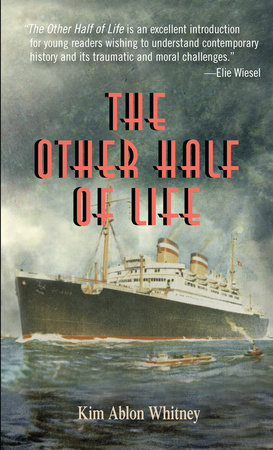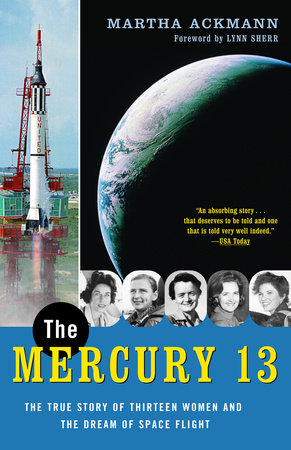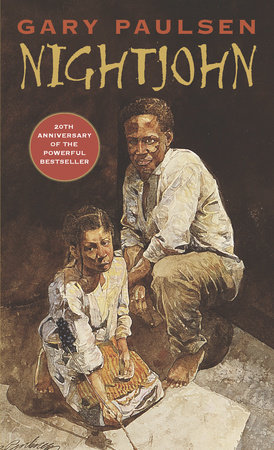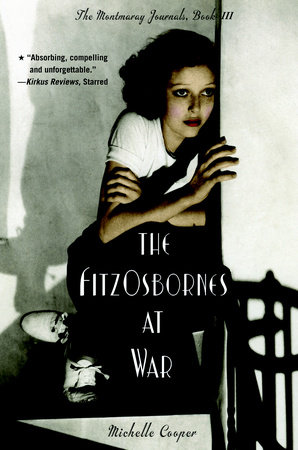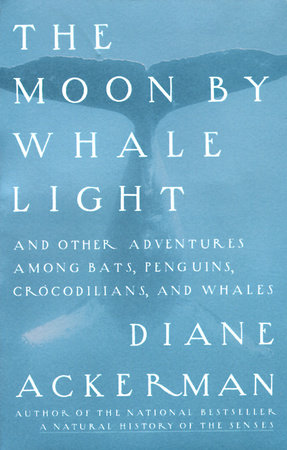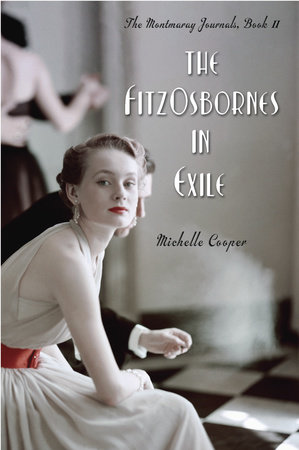Author Q&A
Below is Kim Ablon Whitney’s interview with Mr. Herbert Karliner, MS St. Louis survivor.
Can you tell me a little bit about your life in Germany and how you came to travel on the St. Louis?
I was born in Peiskretscham, Germany, in 1926. My family owned a grocery store, which was destroyed during Kristallnacht. The Nazis also took my father away to Buchenwald. He was released two months later and my family was able to secure passes on the St. Louis.
How old were you when you boarded the St. Louis?
I was twelve. I was traveling with my parents, my brother, and my two sisters.
When you boarded the ship did you have any idea that you would be turned away from Cuba?
We had no idea whatsoever.
What was the mood aboard the ship in the beginning?
For us kids it felt like a new adventure. We had no future in Germany anymore. We were not allowed to go to school. We wanted a place where we could start our lives again. But we also were aware that, for our parents and the older people on the ship, leaving Germany was hard. They had lived their whole lives in Germany and they were leaving everything behind.
What was the feeling on the ship when the U.S. refused to let you in?
We were disappointed and confused. We wrote telegrams to President Roosevelt and Mrs. Roosevelt and we received no answer. Ever since I was a little boy and read books on America, I had wanted to come to America. I saw Miami Beach from the ship and I thought to myself, “I will come back here someday.”
Where were you sent upon return to Europe?
We were sent to France. My brother, Walter, my younger sister, Ruth, and I were put under the care of the OSE. [The Oeuvre de Secours aux Enfants was an organization that placed youths in various children’s homes.] My other sister, Ilse, stayed with my parents. Later, Ruth returned to live with them as well. My brother and I were together until 1941 when Walter was moved to a different children’s home.
How did you survive the war?
In August 1942, French gendarmes conducted a raid on the home and arrested all children over the age of sixteen, including me. I was able to prove that I wasn’t sixteen—it was a week before my birthday—and so I was released. I was transferred to another children’s home.
In February 1943, we thought there might be another raid and so I fled with a friend to the Spanish border, but we were told by the underground that we could not safely cross into Switzerland. So we went to Lyon to wait for directions on how to cross into Switzerland. When crossing over was learned to be impossible, we went to a farm in Tayulers run by religious Zionist members of the Eclaireurs Israelites. Since the farm already had too many refugees, we were then sent to Treves where we lived until liberation in 1944.
What happened to the rest of your family?
Walter survived and we were reunited in Paris. My mother, father, and sisters had all been deported to Auschwitz. They did not survive.
When did you come to the United States?
In December 1946, Walter and I immigrated to the United States. Through the OSE, I met my wife, Vera. We were married in 1961. We have two children.
Did you hold a grudge against the country that turned you away?
At the time I didn’t really feel resentment, but later on a few events made me reflect more upon how America turned us away. In 1950, I got a letter from Uncle Sam that said, “I need you.” I was drafted and I fought in Korea. In 1939 I was not good enough for them, but in 1950 they wanted me. Then in 1980, 125,000 Cuban immigrants were allowed to come into the U.S. It was discovered that some of them were even criminals. They let them in no question. We were 900 people, all educated and upstanding citizens, and we weren’t let in. That really bothered me. But I had a fellow passenger on the St. Louis say, “It’s because of us that they let them in,” and maybe that’s true.
